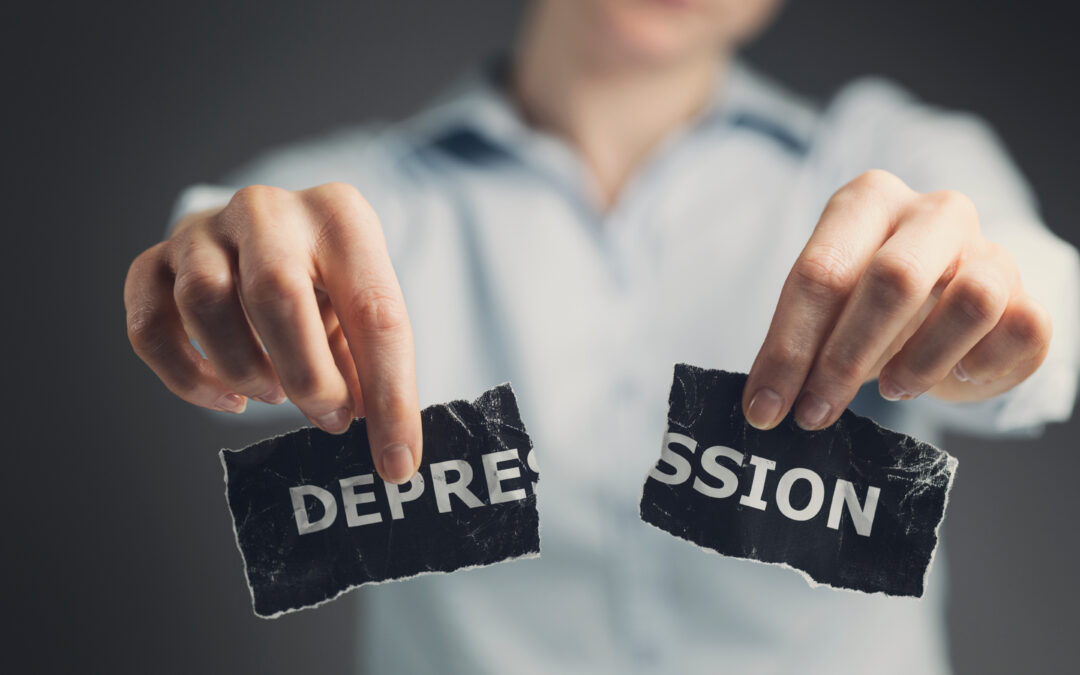In an April publication in the Journal of Affective Disorders, Dr. Sergio Iñiguez, a psychologist at UTEP, and his colleagues argue that prairie voles, small rodents native to central United States and Canada, offer a promising animal model for studying clinical depression.
“We’ve shown, for the first time, that prairie voles exhibit core depressive symptoms after prolonged exposure to stress, akin to humans,” said Iñiguez. “This discovery is significant because it opens avenues to explore the biological mechanisms underlying conditions like depression and anxiety.”
The study, conducted at UTEP, focused on the effects of “bullying” on vole behavior. Over ten days, researchers observed the consequences of male voles being bullied by more dominant counterparts, leading to what Iñiguez terms “social defeat stress.”
Results revealed bullied voles experiencing weight changes, impaired spatial memory, and decreased sociability compared to non-bullied voles. Additionally, bullied voles showed no preference for sugar water over regular water, indicating anhedonia, or diminished pleasure in usual activities.
Iñiguez and team concluded that “social defeat” triggers stress responses in voles, contributing to symptoms resembling human depression.
Although depression’s defining traits include sadness, anhedonia, and disruptions in sleep and eating, its biological underpinnings remain elusive due to ethical constraints in human research, explained Iñiguez.
While rats and mice are common in psychology studies, prairie voles possess traits—like monogamous relationships and parental care—that align closely with humans, making them ideal research subjects.
Lead author Minerva Rodriguez, a psychology doctoral student, emphasized the voles’ unique social behaviors, underscoring their value in unraveling the neurobiology of stress-induced depression.
Future investigations will explore how voles recover from depression-like states and their responses to antidepressants like Prozac or ketamine, supported by funding from the National Institutes of Health.
Remember, if you need further guidance or support, don’t hesitate to reach out to your mental health professional or contact us for assistance.
